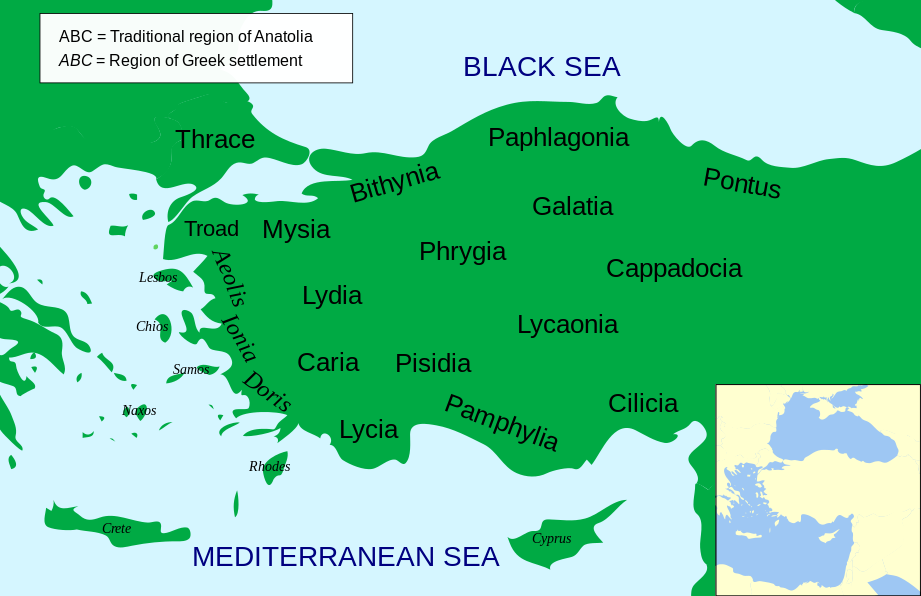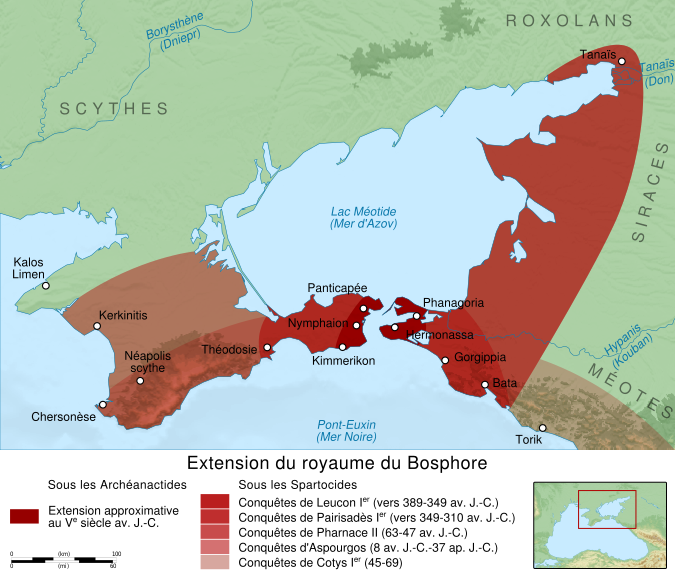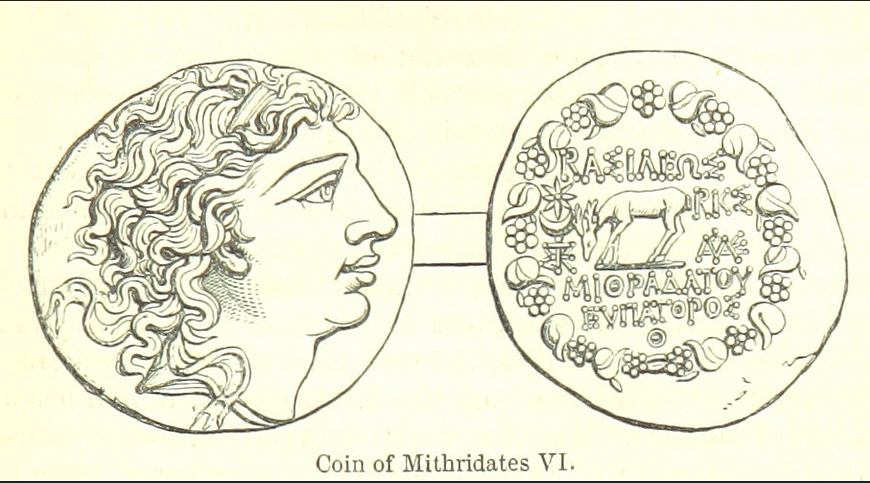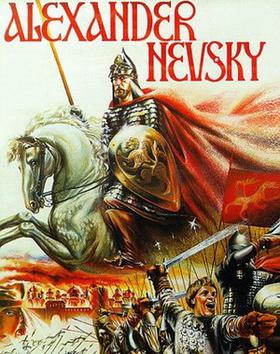Beware spoilers from the start!
'God Loves Caviar', or 'The Pirate' as it seems to be called on Amazon, is a 2012 Greek film that follows the life of Ioannis Varvakis, who could be seen as a national hero of Greece. Ioannis rises from a pirate who raids Ottoman ships to an international caviar millionaire and to his eventual capture by the British. From the beginning we know his eventual fate, due to the fact that the film is being told by two people, his trustworthy servant and his sort of friend-enemy, just after he is sent to a sanitorium.
Where to watch?
Trying to avoid sounding like an advertisement, I watched it on Amazon Prime Instant Video, on which, at least in the UK, it is titled the Pirate. You might be fooled for thinking this an action film by looking at the cover on Amazon, which sadly I can find a high enough quality of image to show you, but there are probably less than two or three minutes of violence. The image below probably portrays the film a bit better. It appears you can also buy the DVD on Amazon, but not under the same banner as the Prime video (the cover below is of the DVD version.)
The story is quite interesting and he feels like a Greek (and actually not fictitious) version of James Onedin. Starting with his piracy against the Ottomans, Ioannis lend his helps to the Russians, in the Russo-Turkish war of 1768-1774, specifically in the Orlov Revolt. This makes him a hero and it does not take long for him to arrive in the court of Catherine the Great after even though his journey there is far from easy, where he is welcomed as a hero. The pace of the film perhaps slows here, previously it had been rapid fire, but even now it is fast. He now travels to the Caspian Sea, in the service of Catherine the Great, where he becomes a merchant (though not a caviar one at this point) and charts the sea. The issues of pace still remain here because I do not think enough time was given to explain why he was sent to Astrakhan, I also did not know he was charting it until he finished.
Like many dramatic characters he seems to have a rampant love life, so his relationships especially with his second and third wives are a quite important component of the film. But, Ioannis still comes across as genuine most of the time, even if at times the portrayal is idyllic, he is certainly human a lot of the time. However, sometimes his fervour for Greece's independence and the film's seems to turn into blind rhetoric against the Turks, as if they are the only people to have committed war crimes. This would be one of my few criticisms of the film.
Another is the pace, as I suggested, and as we reach the end this becomes clear and his role in the Greek War of Independence is barely glossed over. Though, seriously this is a great film and this is only a small criticism. In fact, the story is great and I feel like just under two hours is not enough to tell this eventful historical tale well enough. It would have been better as a 3 and half hour epic (or at least 3 hours) or TV Series that would somehow be ensured of not being cancelled until the whole story is somehow transmitted.
Theological themes are also present in the film, as the title 'God Loves Caviar' suggests, this is done well and adds an extra dimension to the film. The philosophy of a pirate like Ioannis, is also evident, the idea of the sea representing freedom, he is certainly not like a stereotypical pirate, in terms of plundering. It is important to note that despite the alternate title of 'The Pirate', he is only a pirate in proper terms for the first part, then he is really in service, although he retains his identity as a pirate.
A final, sort of criticism, is the fact that in the film Ioannis becomes part of the Order of St Anne (and receives at least another title) and is awarded this by Catherine the Great. After the briefest research I found this to be incorrect, Alexander I give him this reward and although Alexander is mentioned in the film, I understand Catherine was probably used as she is more well known throughout the world.
The film obviously had a limited budget, but most of the time you could barely tell this. There was the occasional use of bad CGI, but to be honest a low budget did not affect my enjoyment of the film. The acting was good, if not at least decent. The film, despite being Greek, was mainly spoken in English, although sometimes it felt dubbed, even though I am sure it was not.
The best part of the film was the story though and as I have hinted, he is truly an interesting character, even if we took some of the things that might have been added for dramatic effect. Towards the end the film gets quite emotional, as you feel Ioannis is slowly fading away into history in a slow decline, despite his re-energising in terms of involvement in the Greek War of Independence, the emotions stirred are those of a last gasp breath. A real painting of the hero's film can be seen below.
To summarise, God Loves Caviar, is a drama film that has a solid plot, that falls into the constraints of timing (as a lot of modern films do). He is certainly an interesting historical character and this film seems to do him justice. Despite, the criticisms posed I would certainly recommend watching it, a surprise when I put it on, for I was perhaps expecting over-cheesy action due to the front cover on Amazon which certainly does not do the film any favours, but I guess when I first looked at the film I was inspired to watch it by the description of the film rather than the advertisements. Sadly, it seems it's rebranding as 'The Pirate' was for non-Greeks, but at least it was not a cut down production. Unlike that film about an admiral during the Russian Civil War, which is a cut down 10 episode TV Series. Because this film is good and enjoyable and because changes that go down in terms of quality and quantity annoy me, I wished other foreign productions would stop being hacked down, because it really puts me of watching them, rather than persuading me to watch them (that sounded a bit moany.) But anyway to end on a positive note, I thoroughly recommend the film.
Image Credit:
http://www.imdb.com/title/tt2181959/
http://www.altcine.com/movie.php?id=1535
https://en.wikipedia.org/wiki/Ioannis_Varvakis#/media/File:Ioannis_varvakis.jpg
'God Loves Caviar', or 'The Pirate' as it seems to be called on Amazon, is a 2012 Greek film that follows the life of Ioannis Varvakis, who could be seen as a national hero of Greece. Ioannis rises from a pirate who raids Ottoman ships to an international caviar millionaire and to his eventual capture by the British. From the beginning we know his eventual fate, due to the fact that the film is being told by two people, his trustworthy servant and his sort of friend-enemy, just after he is sent to a sanitorium.
Where to watch?
Trying to avoid sounding like an advertisement, I watched it on Amazon Prime Instant Video, on which, at least in the UK, it is titled the Pirate. You might be fooled for thinking this an action film by looking at the cover on Amazon, which sadly I can find a high enough quality of image to show you, but there are probably less than two or three minutes of violence. The image below probably portrays the film a bit better. It appears you can also buy the DVD on Amazon, but not under the same banner as the Prime video (the cover below is of the DVD version.)
The story is quite interesting and he feels like a Greek (and actually not fictitious) version of James Onedin. Starting with his piracy against the Ottomans, Ioannis lend his helps to the Russians, in the Russo-Turkish war of 1768-1774, specifically in the Orlov Revolt. This makes him a hero and it does not take long for him to arrive in the court of Catherine the Great after even though his journey there is far from easy, where he is welcomed as a hero. The pace of the film perhaps slows here, previously it had been rapid fire, but even now it is fast. He now travels to the Caspian Sea, in the service of Catherine the Great, where he becomes a merchant (though not a caviar one at this point) and charts the sea. The issues of pace still remain here because I do not think enough time was given to explain why he was sent to Astrakhan, I also did not know he was charting it until he finished.
Like many dramatic characters he seems to have a rampant love life, so his relationships especially with his second and third wives are a quite important component of the film. But, Ioannis still comes across as genuine most of the time, even if at times the portrayal is idyllic, he is certainly human a lot of the time. However, sometimes his fervour for Greece's independence and the film's seems to turn into blind rhetoric against the Turks, as if they are the only people to have committed war crimes. This would be one of my few criticisms of the film.
Another is the pace, as I suggested, and as we reach the end this becomes clear and his role in the Greek War of Independence is barely glossed over. Though, seriously this is a great film and this is only a small criticism. In fact, the story is great and I feel like just under two hours is not enough to tell this eventful historical tale well enough. It would have been better as a 3 and half hour epic (or at least 3 hours) or TV Series that would somehow be ensured of not being cancelled until the whole story is somehow transmitted.
Theological themes are also present in the film, as the title 'God Loves Caviar' suggests, this is done well and adds an extra dimension to the film. The philosophy of a pirate like Ioannis, is also evident, the idea of the sea representing freedom, he is certainly not like a stereotypical pirate, in terms of plundering. It is important to note that despite the alternate title of 'The Pirate', he is only a pirate in proper terms for the first part, then he is really in service, although he retains his identity as a pirate.
A final, sort of criticism, is the fact that in the film Ioannis becomes part of the Order of St Anne (and receives at least another title) and is awarded this by Catherine the Great. After the briefest research I found this to be incorrect, Alexander I give him this reward and although Alexander is mentioned in the film, I understand Catherine was probably used as she is more well known throughout the world.
The film obviously had a limited budget, but most of the time you could barely tell this. There was the occasional use of bad CGI, but to be honest a low budget did not affect my enjoyment of the film. The acting was good, if not at least decent. The film, despite being Greek, was mainly spoken in English, although sometimes it felt dubbed, even though I am sure it was not.
The best part of the film was the story though and as I have hinted, he is truly an interesting character, even if we took some of the things that might have been added for dramatic effect. Towards the end the film gets quite emotional, as you feel Ioannis is slowly fading away into history in a slow decline, despite his re-energising in terms of involvement in the Greek War of Independence, the emotions stirred are those of a last gasp breath. A real painting of the hero's film can be seen below.
To summarise, God Loves Caviar, is a drama film that has a solid plot, that falls into the constraints of timing (as a lot of modern films do). He is certainly an interesting historical character and this film seems to do him justice. Despite, the criticisms posed I would certainly recommend watching it, a surprise when I put it on, for I was perhaps expecting over-cheesy action due to the front cover on Amazon which certainly does not do the film any favours, but I guess when I first looked at the film I was inspired to watch it by the description of the film rather than the advertisements. Sadly, it seems it's rebranding as 'The Pirate' was for non-Greeks, but at least it was not a cut down production. Unlike that film about an admiral during the Russian Civil War, which is a cut down 10 episode TV Series. Because this film is good and enjoyable and because changes that go down in terms of quality and quantity annoy me, I wished other foreign productions would stop being hacked down, because it really puts me of watching them, rather than persuading me to watch them (that sounded a bit moany.) But anyway to end on a positive note, I thoroughly recommend the film.
Image Credit:
http://www.imdb.com/title/tt2181959/
http://www.altcine.com/movie.php?id=1535
https://en.wikipedia.org/wiki/Ioannis_Varvakis#/media/File:Ioannis_varvakis.jpg









.svg/600px-Banner_of_the_Holy_Roman_Emperor_(after_1400).svg.png)